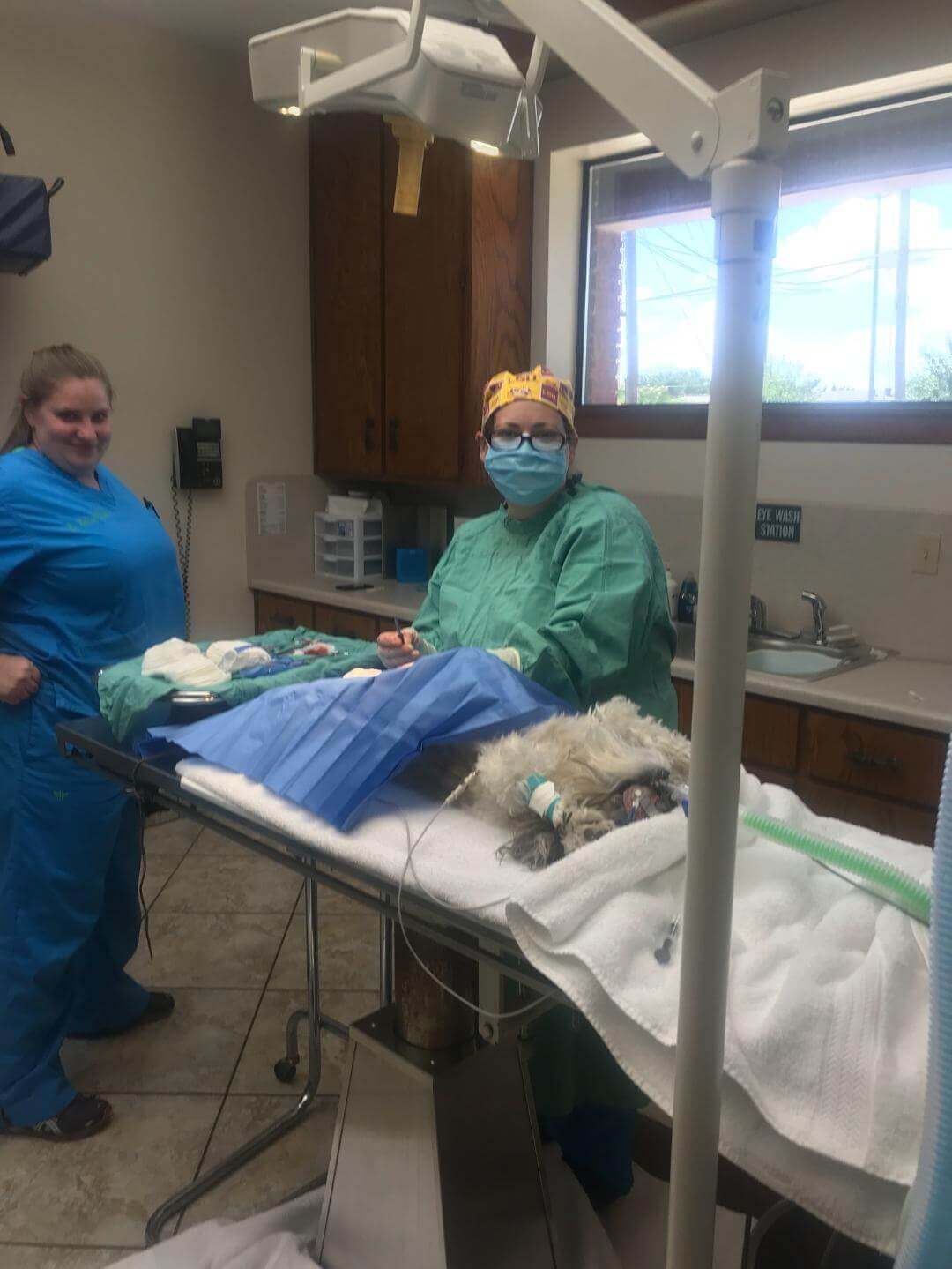 By spaying or neutering your pet, you’ll help control the pet homelessness crisis, which results in millions of healthy dogs and cats being euthanized in the United States each year simply because there aren’t enough homes to go around. There are also medical and behavioral benefits to spaying (female pets) and neutering (male pets) your animals.
By spaying or neutering your pet, you’ll help control the pet homelessness crisis, which results in millions of healthy dogs and cats being euthanized in the United States each year simply because there aren’t enough homes to go around. There are also medical and behavioral benefits to spaying (female pets) and neutering (male pets) your animals.
Here are some of the medical benefits
- Your female pet will live a longer, healthier life. Spaying helps prevent uterine infections and breast tumors, which are malignant or cancerous in about 50 percent of dogs and 90 percent of cats. Spaying your pet before her first heat offers the best protection from these diseases.
- Neutering your male companion prevents testicular cancer and some prostate problems.
And behavioral benefits
- Your spayed female pet won’t go into heat. While cycles can vary, female felines usually go into heat four to five days every three weeks during breeding season. In an effort to advertise for mates, they’ll yowl and urinate more frequently—sometimes all over the house!
- Your male dog will be less likely to roam away from home. An intact male will do just about anything to find a mate, including finding creative ways escape from the house. Once he’s free to roam, he risks injury in traffic and fights with other male animals.
- Your neutered male may be better behaved. Unneutered dogs and cats are more likely to mark their territory by spraying strong-smelling urine all over the house. Your dog might be less likely to mount other dogs, people and inanimate objects after he’s neutered. Some aggression problems may be avoided by early neutering.
Spaying/neutering your pets is also highly cost-effective. The cost of your pet’s spay/neuter surgery is far less than the cost of having and caring for a litter.
Debunking Spay/Neuter Myths and Misconceptions
- Spaying or neutering will not cause your pet to become overweight.Lack of exercise and overfeeding will cause your pet to pack on the extra pounds—not neutering. Your pet will remain fit and trim as long as you continue to provide exercise and monitor her food intake.
- Neutering is not as a quick fix for all behavior problems. Although neutering your pet often reduces undesirable behaviors caused by a higher level of testosterone, there’s no guarantee that your dog’s behavior will change after he’s neutered. Although the surgery will reduce the amount of testosterone in your dog’s system, it won’t eliminate the hormone completely. Neutering will also not reduce behaviors that your pet has earned or that have become habitual. The effects of neutering are largely dependent on your dog’s individual personality, physiology and history.
With every spay/neuter surgery, pre-operative bloodwork is done to make sure your pet is healthy enough to go under anesthesia. Even though most of these surgeries are done on young animals that appear to be healthy, we’ve caught quite a few congenital “surprise” diseases by doing this. An IV catheter is placed and a multi-modal anesthetic drug approach is taken to provide the safest and smoothest possible anesthesia for them. They are also kept on IV fluids at a calculated rate based on their weight during surgery to keep them hydrated and support blood pressure. We have dedicated team members that monitor your pet the entire time from beginning to completely awake and monitor multiple health parameters while they are under anesthesia.
